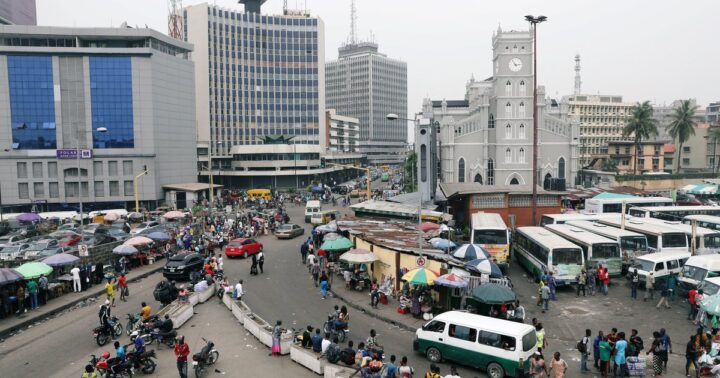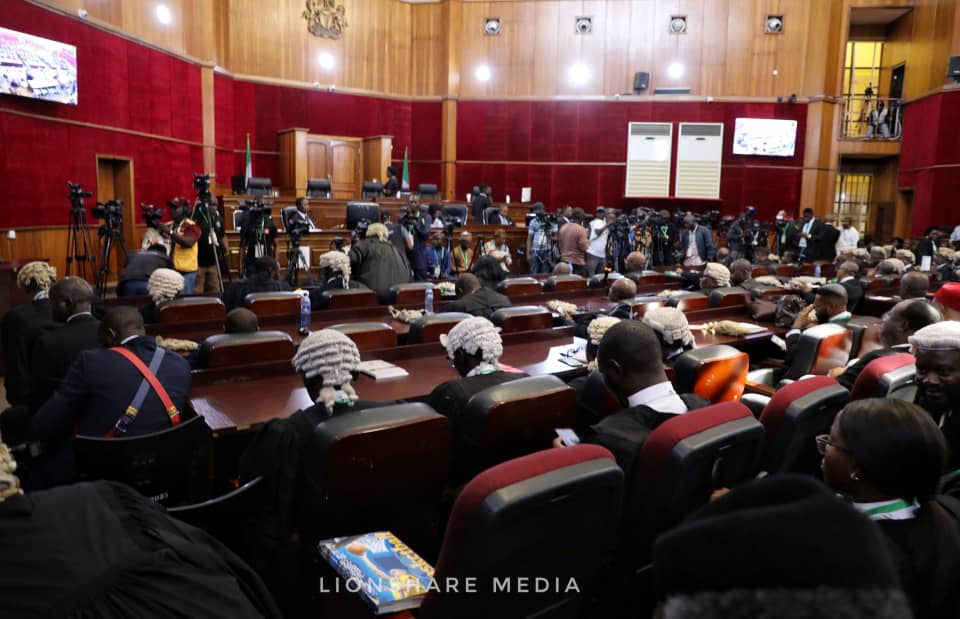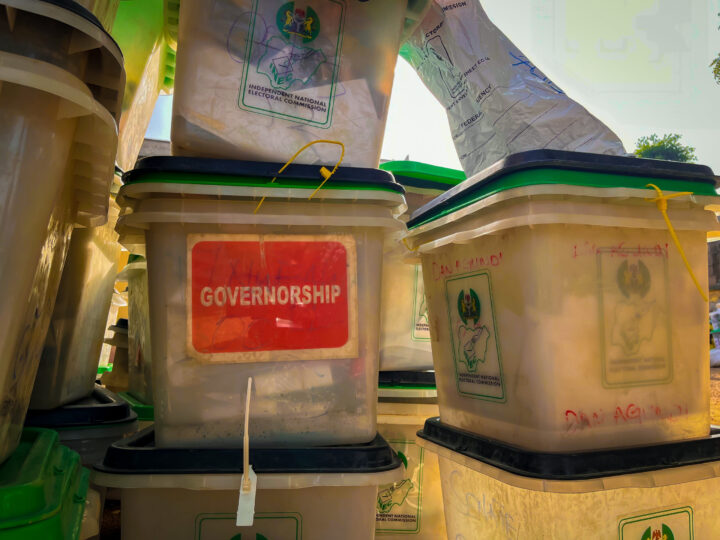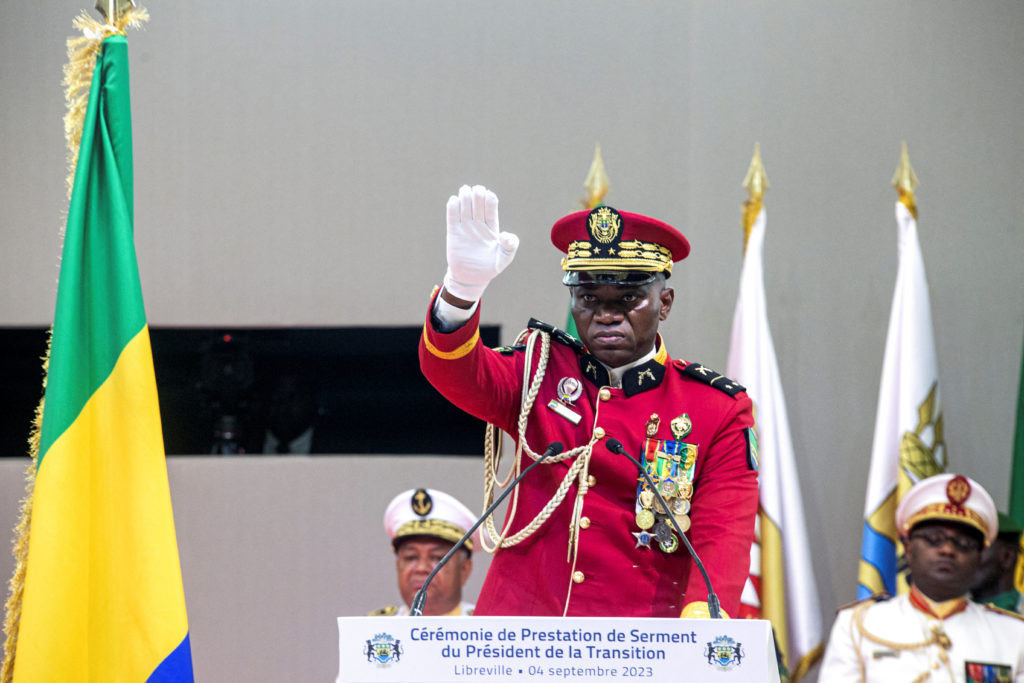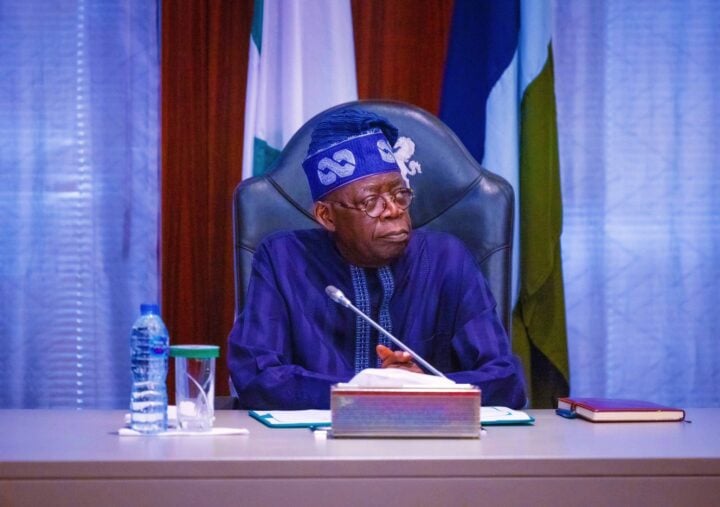BY EMMANUEL ADOGHE
Hope and possibilities. A herald of every new government. And President Bola Tinubu administration is no different. Yet a popular African proverb warns that “Words are sweet, but they never take the place of food.” Similarly, desired communal outcomes result from more than mere idiosyncratic aspirations or dreams.
Nigeria’s current “economic gridlock” is too multifaceted and stewed in fiscal, monetary, and political intrigues to become transmogrified into fluid economic prosperity with a single dose of elixir. Rather, economic recovery will come from specific solutions – fit and focused, coupled with the political will and courage to implement them judiciously. And the first step to untying a knotty challenge is to identify its root causatives. So, one must necessarily look at the economic challenges in their singularity.
Let’s consider Foreign Direct Investments (FDIs) which affect every other sector of the economy, and its behaviors — inflows and outflows which are majorly a function of a country’s fiscal and monetary policies. Within a span of three years, (2018 to 2020) foreign investors pulled out N1.64 trillion (N642.65 billion in 2018, N523.42 billion in 2019, N481.93 billion in 2020), leaving the financial markets reeling and the Central Bank grappling with foreign exchange chaos as investors headed for the exits.
Advertisement
The onset of the Covid pandemic only accelerated this huge, unprecedented disinvestment and capital flights from the country which most critics blame on insecurity and macroeconomic distortions. Last year 2022, the foreign investments hemorrhage was at its worst as the nation witnessed negative inflows. According to CBN records, Portfolio Investment, Foreign Direct Investment (FDI), and Other Investments – “all three categories saw a drop in inflows, with FDI recording the highest decline — 76.49 percent.”
And the beginning quarter of 2023 has not faired any better as the total foreign capital inflow into Nigeria in Q1 2023 dropped by $1.132bn, as reported by the National Bureau of Statistics. The import of this data unequivocally points to severe financial shocks that exacerbated the downward spiral of the Naira against major currencies. To put a tourniquet on the foreign capital outflows and boost inflows is a necessary condition for the efforts to reinflate the economy. Fortuitously, the President’s professional background in finance may be helpful in tying this tourniquet.
To be clear, investors primarily weigh their risk to the returns or yields they expect from their investments to make investments decisions. And final investment decisions rely on actionable data — some of which decision makers may need to independently access from the comfort of their offices anywhere in the world. And this holds true even for less yield-aggressive environmental social and governance (ESG) investors: with an estimated $41 trillion in assets as of 2022, looking to scale their impact on humanity and the planet.
Advertisement
And what key channels can foreign investors use to find actionable data for potential investments in Nigeria?
A first stop is the Nigeria Investment Promotion Commission (NIPC). Unfortunately, for an institution whose core mandate is to drive Nigeria’s efforts to attract foreign investments, NIPC epitomizes the colossal failure in function common to government institutions plagued by management infighting; the last administration kicked out its Executive Secretary for “gross incompetence, ineptitude and poor management.” On NIPC static website, potential investors are required to fill out an inept “investment opportunity profiling form” that is riddle with coding errors or “bugs” and inoperative.
And alternatively, can investors get information online from the parent ministry website – Ministry of Industry, Trade, and Investment? Not really. Its website https://fmiti.gov.ng/ appears to be perpetually “under maintenance.” Such antiquated or non-existent engagement portals cost the nation immeasurable investment loss and reputational damage. Similarly, several Federal Ministries, Departments, and Agencies (MDAs) are spotty at best with their online presence even when there appears to be no defensible reason not to publish useful data for public consumption. And because sovereignty is exclusively a federal right, foreign investors will typically look to federal entities for guidance.
One way to debottleneck the inflow of FDIs into the economy is to redesign the investor-journey-map. In this instance, the goal is to finetune each touchpoint and engagement of foreign investors into high touchpoints – with well-trained professionals at relevant MDAs to maximize investor conversion. A dedicated investors portal with high touchpoints from relevant MDAs will provide investors with a seamless investor experience, reducing lag times in the investment decision making process.
Advertisement
This matrix of technology and service also involves widening and deepening the portal for investors to access actionable data including government incentives such as tax holidays, reduced tariffs, and pioneer status exemptions. In India, a similar centralized platform — National Single Window System and India investment grid, help to capture and harmonized $49.3Billion USD in FDIs in 2022.
In rebuilding the investment funnel, the discard of multiple exchange rates is a welcome development — investors want to be able to invest or evacuate their profits or capital at will, at market determined rates, and exchange rate risk is a critical consideration in FDIs investment models. In the same vein, this administration must also act speedily to resolve the current foreign exchange backlog estimated at over $2 billion dollars, which is a major disincentive for foreign investors and negates other efforts to attract FDIs.
Beyond fixing the dinosauric key channels, the dissonance between the fiscal and monetary policies (arising from the needless duel between leadership of the Central Bank and Federal Ministry of Finance) must be eliminated or made of no moment. A synergistic balance of fiscal and monetary policies will help contain interest rates and inflationary pressures within desired range and nurture a differentiated investment environment that attracts FDIs far beyond the measly offering of higher interest rates on government bonds.
The recent Ghana’s public debt imbroglio amply demonstrated the futility of using increasing higher interest rates to attract or retain foreign investors.
Advertisement
Whatever the strategies adopted to metamorphosize Nigeria’s economy into the $1 trillion economy envisaged by the Policy Advisory Council of the new administration, healthy inflows of foreign investments will play an outsize role.
Emmanuel Adoghe is an investment banker.
Advertisement
Views expressed by contributors are strictly personal and not of TheCable.
Add a comment
